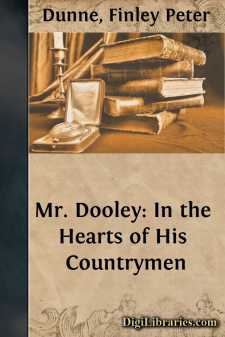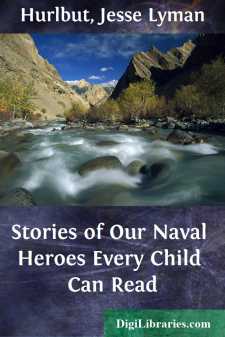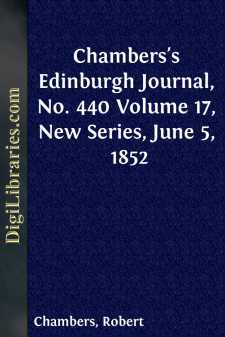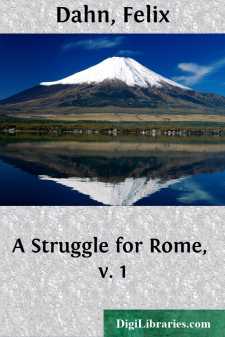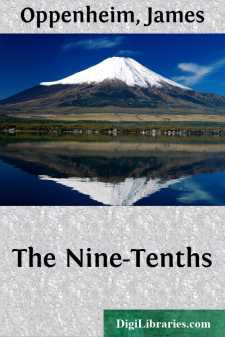Fiction
- Action & Adventure 180
- Biographical 15
- Christian 59
- Classics
- Coming of Age 5
- Contemporary Women 3
- Erotica 8
- Espionage/Intrigue 12
- Fairy Tales, Folklore & Mythology 236
- Family Life 169
- Fantasy 117
- Gay 1
- General 596
- Ghost 32
- Historical 808
- Horror 43
- Humorous 160
- Jewish 25
- Legal 4
- Medical 22
- Mystery & Detective 315
- Political 49
- Psychological 41
- Religious 64
- Romance 159
- Sagas 11
- Science Fiction 730
- Sea Stories 113
- Short Stories (single author) 537
- Sports 10
- Suspense 1
- Technological 8
- Thrillers 2
- Urban Life 31
- Visionary & Metaphysical 1
- War & Military 173
- Westerns 199
Classics Books
Sort by:
Mr. DOOLEY:In the Hearts of His Countrymen EXPANSION. "Whin we plant what Hogan calls th' starry banner iv Freedom in th' Ph'lippeens," said Mr. Dooley, "an' give th' sacred blessin' iv liberty to the poor, down-trodden people iv thim unfortunate isles,—dam thim!—we'll larn thim a lesson." "Sure," said Mr. Hennessy, sadly, "we have a...
more...
CHAPTER I THE FIRST SEA FIGHT OF THE REVOLUTIONDOES it not seem an odd fact that little Rhode Island, the smallest of all our states, should have two capital cities, while all the others, some of which would make more than a thousand Rhode Islands, have only one apiece? It is like the old story of the dwarf beating the giants.The tale we have to tell has to do with these two cities, Providence and...
more...
by:
Robert Chambers
VISIT TO THE SCENE OF THE HOLMFIRTH FLOOD. The great flood which took place in the valley of Holmfirth in February last, was in itself a deeply-interesting and awe-exciting incident. I was curious to visit the scene, while the results of the catastrophe were still fresh, both on account of the sympathy I felt with the sufferers, and because of some physical problems which I thought might be...
more...
by:
Felix Dahn
CHAPTER I. It was a sultry summer night of the year five hundred and twenty-six, A.D. Thick clouds lay low over the dark surface of the Adrea, whose shores and waters were melted together in undistinguishable gloom; only now and then a flash of distant lightning lit up the silent city of Ravenna. At unequal intervals the wind swept through the ilexes and pines on the range of hills which rise at some...
more...
by:
Jack London
CHAPTER I BROTHER AND SISTER They ran across the shining sand, the Pacific thundering its long surge at their backs, and when they gained the roadway leaped upon bicycles and dived at faster pace into the green avenues of the park. There were three of them, three boys, in as many bright-colored sweaters, and they "scorched" along the cycle-path as dangerously near the speed-limit as is the...
more...
INTRODUCTION. It is proper that some explanation be made as to the position occupied by the following story in the realm of fiction, and that a brief estimate should be made of its literary value. Literature may be roughly classified under two heads—the creative and the critical. The former is characteristic of the imaginative temperament, while the latter is analytical in its nature, and does not...
more...
by:
Various
POEMS AND BALLADS OF GOETHE. No. I. It may be as well to state at the outset, that we have not the most distant intention of laying before the public the whole mass of poetry that flowed from the prolific pen of Goethe, betwixt the days of his student life at Leipsic and those of his final courtly residence at Weimar. It is of no use preserving the whole wardrobe of the dead; we do enough if we possess...
more...
by:
James Oppenheim
I THE PRINTERY That windy autumn noon the young girls of the hat factory darted out of the loft building and came running back with cans of coffee, and bags of candy, and packages of sandwiches and cakes. They frisked hilariously before the wind, with flying hair and sparkling eyes, and crowded into the narrow entrance with the grimy pressmen of the eighth floor. Over and over again the one frail...
more...
by:
J. J. Grayson
Bob Martin stood outside the large red brick house and whistled. He whistled three notes, a long and two short, which meant to Hal Gregg inside that Bob wanted to see him, and to see him quickly. Something was up. At least, that was what it should have meant to Hal, but evidently it didnât, because no answering whistle came out to Bob, and no head appeared in any of the windows. Bob whistled...
more...
by:
Thomas Mitchell
The exploration of Northern Australia, which formed the object of my first journey in 1831, has, consistently with the views I have always entertained on the subject [* See London Geographical Journal, vol. vii. part 2, p. 282.], been found equally essential in 1846 to the full development of the geographical resources of New South Wales. The same direction indicated on Mr. Arrowsmith's map,...
more...


